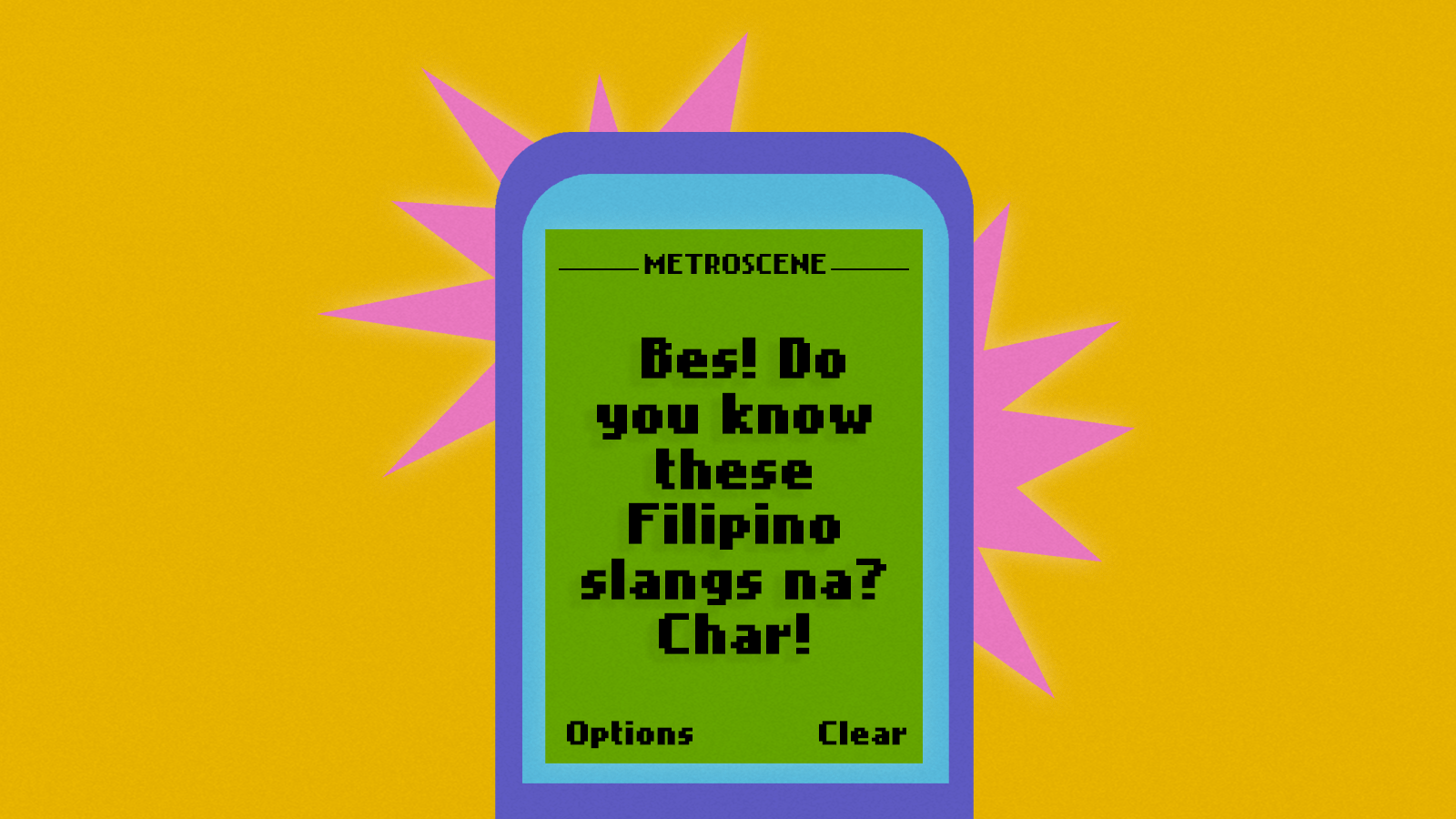Fighting for the rights of the rainbow community demands real work–– to show up a day carrying your true self, dwell on the sidewalks of unwarranted offense, endure the unmoving traffic of legislative bills, and be coerced to sit in an office of toxic ideology; but for the gays, it does not start at 9 and end at 5, it is a year-round persistent plead to trash the narratives of exploitation.
Growing up queer, per se, is already a stretch in society, let alone wearing feminine clothes and accessories in a country where the notion of machismo is culturally entrenched. But Deo Cabrera is a paragon of being unbothered–– with a dress, make-up, and a pair of heels they snatched from their closet, they walk out of their house indifferent to what other people might think.
With courage and strength, it is every day that Deo challenges gender norms by presenting themself to the world with their fleeky, girly outfits– – HALATA! In their TikTok, which is warmly embraced by most spectators, they employ an array of fashion styles in their most genuine self, but no matter how harmless their businesses are, hate comments regarding their sexuality do not take a leave, indicating that acceptance remains a long pile of papers to work on.
Dressing Up As An Avenue For Inclusivity
LGBTQ+ struggle is personal to Deo, not to mention how it is a universal experience of every queer individual in the country, and no amount of eye shadows, dresses, and boots can cover up the stares, harassment, and catcalling they receive just by wearing what they want.
Albeit unfazed by the mockery towards them, shrugging off the hate is all but easier said than done as there are times when these become bothersome, and concern creeps in. Having experienced discrimination firsthand, it is a win for them to accomplish everyday tasks that they used to despise; step out on the streets, make their way to school, and go to malls inattentive of external noise.
“Inclusivity is creating an environment wherein everyone not only feels accepted but also celebrated for being who they are.” This, for them, is what an all-encompassing society means, where everyone gets a seat at the table, and their voices are heard regardless of race, religion, social status, or gender.
Dressing up allows their colors to shine in disparate directions; it is a way of expressing who we are, much to how their self-perception changed when they started being unapologetically themself: bold, confident, and a version of Deo that is buoyant of who they are.
They believe that the clothes we wear are an extension of our existence and being able to dress in ways we want is important for queer individuals. Aside from a collection of voguish outfits, in their wardrobe are also the hopes for better rights and treatment for the entirety of the community.
To More Of Deo Cabrera's Empowerment
Deo already opens the discussion on clothes being genderless simply by flaunting their quirky drips and it is not too ambitious of them to aspire to be a queer icon who puts the debacle on gender and clothes to an end. “I want to inspire a lot of people in our community to be able to express themselves in any way they want!”
Channeling the lyrics of Maymay Entrata’s Amakabogera, “Ano man ang iyong gawin, talagang may masasabi sila,” they affirm queer people to not be afraid and hold back from expressing themselves as the joy of being your authentic self outweighs the negativity one may receive.
“Dressing up and acting in a way that is true to who you are, does not only give you happiness but euphoria.”
Interestingly, the 22-year old Psychology student is a member of Prism, an LGBTQ+ oriented organization of the De La Salle University, supporting their advocacy for queer liberation free from any form of judgment and mistreatment.
The years ahead of them are devoted to, as the Gen Z’s call it, slay. And to enhance their fashion and beauty to a louder clothes-are-genderless statements. The public can only expect one thing from Deo, and it is that they will continue to be as queer as they can be in the movement of daring societal norms and standards of clothes– “mas maganda at mas bakla!”
It undeniably takes a certain bulk of time and effort to fit the clothes and put make-up on, but it is incomparable to the hardship of being unjustly deprived of basic human rights, and equality is something that is not hired; it is applied for.















